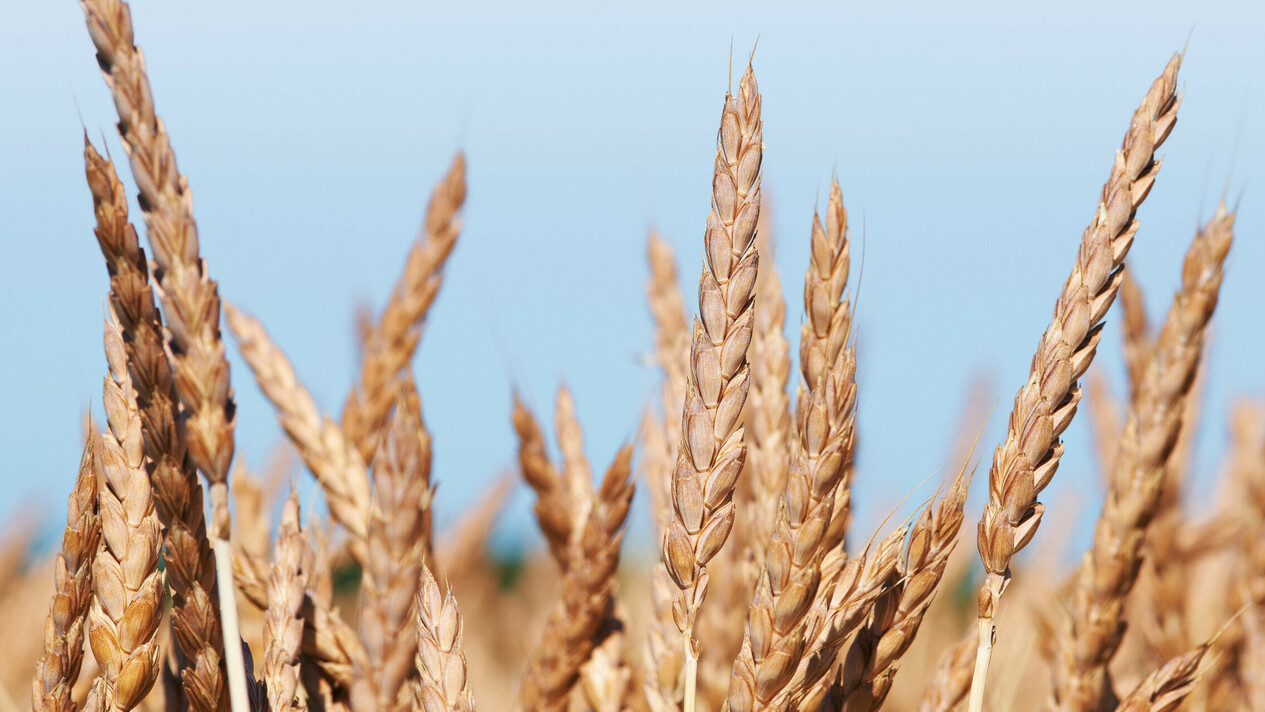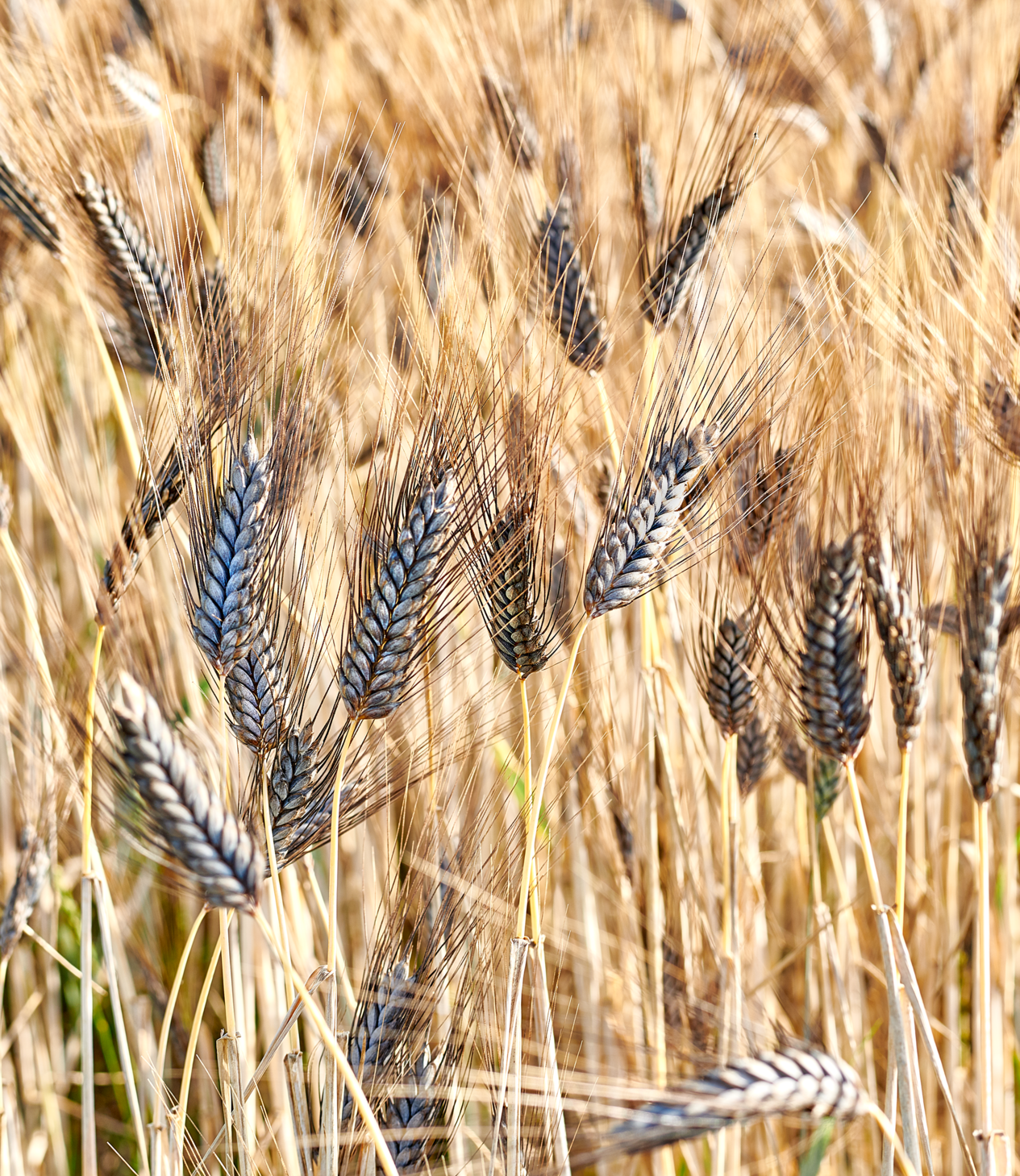We have accumulated many years of expertise in processing ancient cereals, which makes us a specialist in this field. We prefer to use spelt and emmer from our local contract farmers.
Spelt cereals have a firm husk closure encasing the grain. The husks cannot be removed by threshing, but must be taken off in the hulling mill. The process is known as dehulling. Once the grains have been freed from the husks, they can be processed into flour, meal, flakes and other products.

The term "ancient grains" refers to age-old types of cereals that were cultivated long before industrial cultivation. These evolved many thousands of years ago from wild grasses, which crossed with each other with no human intervention.
From about 10,000 B.C. our ancestors began to settle and cultivate the land. Aside from the so-called "founder crops" of pea, lentil and flax, emmer, einkorn and barley are among the oldest cultivated cereals. "Ancient grains" is not a protected term. Besides emmer and einkorn, ancient spelt varieties and perennial rye are also included. Humanity's growing need for greater sustainability and proximity to nature, as well as a return to more traditional values, is leading to steadily increasing demand for these ancient cereal varieties. The growing cultivation of ancient cereals strengthens biological diversity and can therefore be regarded as a form of active environmental protection.

We would like to introduce you to the types of grain processed in our mill. We explain where they originate from and what valuable ingredients they contain.

For every farmer, in particular when it comes to specialist cereals, cultivation contracts provide security in the selling of the harvest.
If you are also interested in a cultivation contract for spelt or emmer, we look forward to your call!